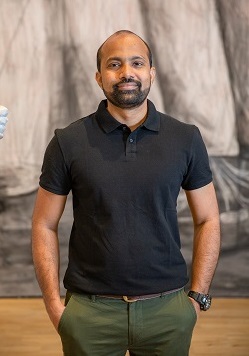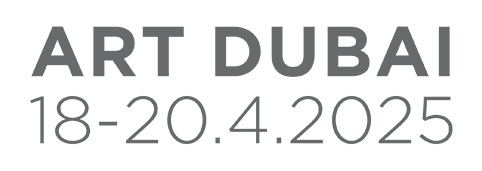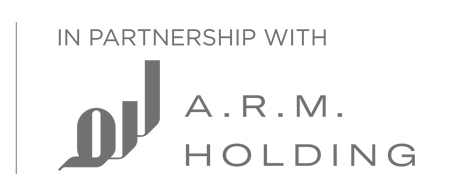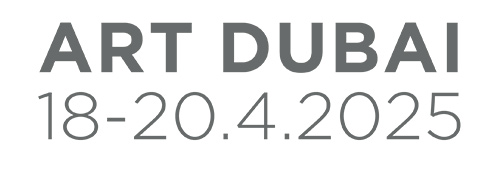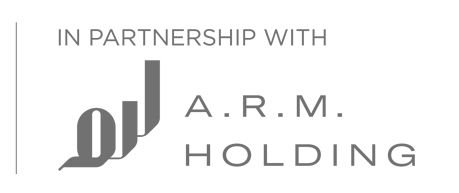Following the initial months of the global coronavirus pandemic and not being able to produce any work at his studio, Pune-based artist Prabhakar Pachpute has shifted to working on new, smaller-scaled works, exploring new mediums while continuing to survey ideas around industry, land and labour. He reflects on how the pandemic has taught him to expand his imagination, the shifts in his thinking towards what is of importance, and how this is expressed in his practice. Pachpute is represented by Experimenter Gallery in Kolkata, India.
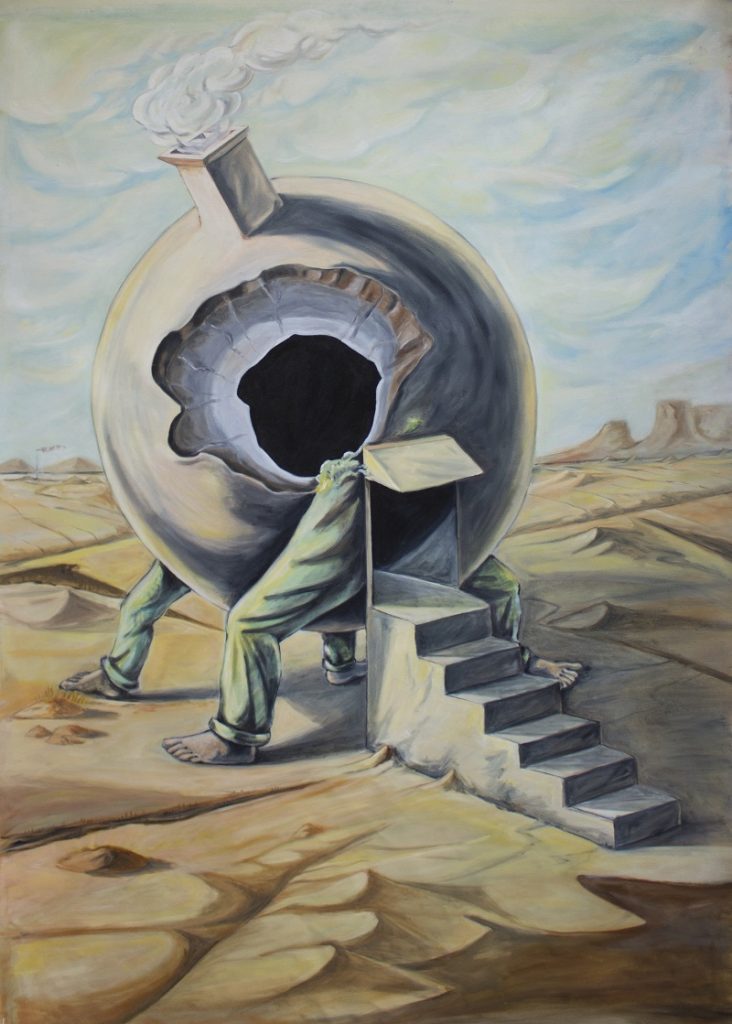
Lone Runner’s Laboratory, 2020, oil on canvas, 157 x 112 cm. Photo courtesy of Experimenter Gallery and the artist.
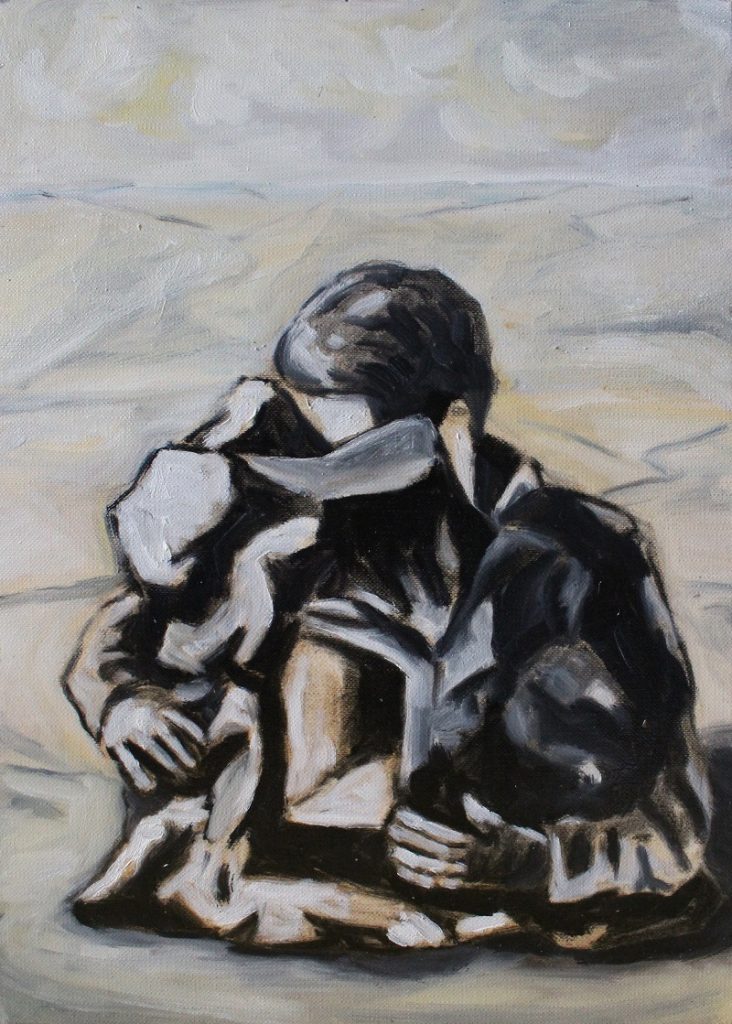
Frozen moment, 2020, oil on paper, 30 x 21 cm. Photo courtesy of Experimenter Gallery and the artist.
Art Dubai (AD): Can you tell us what you have been up to in the past few months; can you talk us through some of the artworks and projects you have been working on?
Prabhakar Pachpute (PP): When we got into the pandemic situation of course it took some time to adjust with the new reality. In the initial months of lockdown I did not produce any art, since there were no possibilities to go to the studio. There are few projects and travel plans which got postponed. Right now I am working for the 3rd Industrial Art Biennial in Croatia and for the exhibition at Artes Mundi 9 in the UK.
AD: Have you observed a shift in your practice as a result of the current global situation and your personal circumstances? For example in terms of scale and media used, approaches in developing works, etc?
PP: Yes, there is a considerable shift that I can see in the process of making art. Especially the scale of the work as I cannot travel to places to create a large scale wall drawing or murals, but I am trying to find an alternative. I have been working on small drawings and painting with watercolour, pencil, and oil colour. Oil colour is a completely new medium for me, I have never used it before. Rather it is a very slow process, compared to working with charcoal or acrylic paint and it gives a lot of time to think in between.
I also gave a lot of thought about sustainable living. I tried to reflect and observe the kind of consumption of the materials that happens while producing the art. I might further find ways to look for the possibilities of using sustainable materials. COVID-19 also taught us to expand our imaginations in a minimal way. For example, making ourselves paused for the time being and it helps us to analyse our experiences through visual ideas.
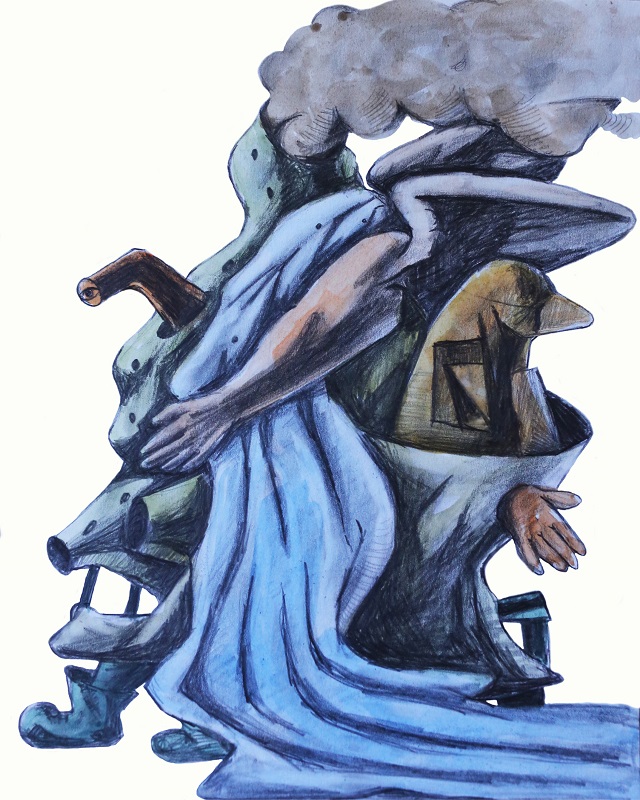
A plight of hardship, 2020, watercolour and pencil on paper, 25 x 20 cm. Photo courtesy of Experimenter Gallery and the artist.
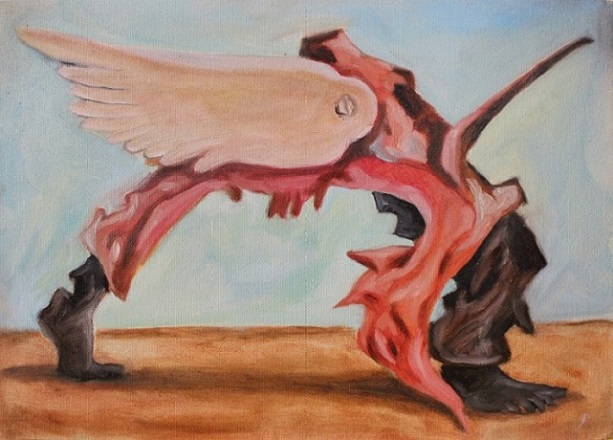
Feathers never die – II, 2020, oil on paper, 21 x 30 cm. Photo courtesy of Experimenter Gallery and the artist.
AD: Your work often considers themes around mining, production, labour and consumerism. How do you feel these themes are shifting in your mindset and work during the current locked-down and hyperdigital global reality?
PP: We have been going through absolute chaos and uncertainties of time even before the pandemic. The only difference in our perspective after the pandemic is that everybody around the world is equally affected, during this time when people were not able to go to work and had to work from home. The digital media and hyper-reality have redefined the ways of connecting one human to another and it has gone further than hyper-reality. Consumerism has not stopped that much but there are severe impacts on production, small businesses and ultimately the labour which has been going through major suffering.
If I notice the shift in my mindset, I would say that it is very subtle but strong. Observing the anecdotes of the previous research my thought process is now taking a different direction. I started focusing on the minute differences and unpredictable consequences which are affecting our ecological chain. For example, why do locust swarms happen at all? What is it that makes this tiny insect come together and fly at such distances?
There is an urgency to address how much is enough for humans? And in order to understand this we must look into the small changes — be it the environment, biodiversity, economy, fake news, or the invisible bacteria of COVID-19.

Summer of 2020, 2020, oil on canvas board, 38 x 56 cm. Photo courtesy of Experimenter Gallery and the artist.
AD: Audiences in the UAE were lucky to have experienced your remarkable site-specific presentation at Jameel Arts Centre’s Artist’s Rooms before the world went into lockdown. How was your experience of working in Dubai and how did you feel your practice developed through this experience?
PP: I have worked on a large scale before but the architecture and the space of Jameel Arts Centre are quite provocative and challenging. The Artist’s Rooms are constructed in a way that drives the artist to think about the multiple visual possibilities. Because of the high ceilinged, elongated wall space, for the first time I have tried to create a theatrical visual atmosphere in such a space. Personally, I really admire the team of Jameel Arts Centre. I can’t imagine making that work without their support.
Prabhakar Pachpute
Prabhakar Pachpute works with a range of mediums including, drawing, light, stop-motion animation, sound and sculptural forms. Pachpute often portrays narratives of mining and farming communities, using Maharashtra in his home-country of India as a starting point and coupling it with research, to investigate historical transformations from economic, societal and environmental perspectives.
Pachpute received his Bachelor’s degree in Fine Arts from Indira Kala Sangit University, Khairagarh (Chhattisgarh, 2009) and his Master of Fine Arts from the University of Baroda (Gujrat, 2011). He has participated in numerous solo exhibitions internationally including at Jameel Arts Centre, Dubai (2019), the Glasgow School of Art (2019), Asilo Via Porpora, Milan (2018), and the National Gallery of Modern Art, Mumbai (2016). He has also participated in group exhibitions at STUK, Leuven (2018), AV Festival, Newcastle (2018), Asia Cultural Centre, Gwangju (2017), Parasite, Hong Kong (2017), MACBA (Museu d’Art Contemporani de Barcelona), Barcelona (2015), ifa (Institute für Auslandsbeziehungen), Stuttgart & Berlin (2013) and Kadist Art Foundation, Paris (2013). Pachpute was also part of biennials and triennials including the 4th Kochi-Muziris Biennale (2018), Dhaka Art Summit (2018); 2nd Yinchuan Biennale (2018), 14th Istanbul Biennial (2015), 8th Asia Pacific Triennial, Brisbane (2015), and 31st São Paulo Biennial (2014).
Prabhakar Pachpute was born in Sasti, Chandrapur (1986) and currently lives and works in Pune, India. He is represented by Experimenter Gallery, Kolkata.
